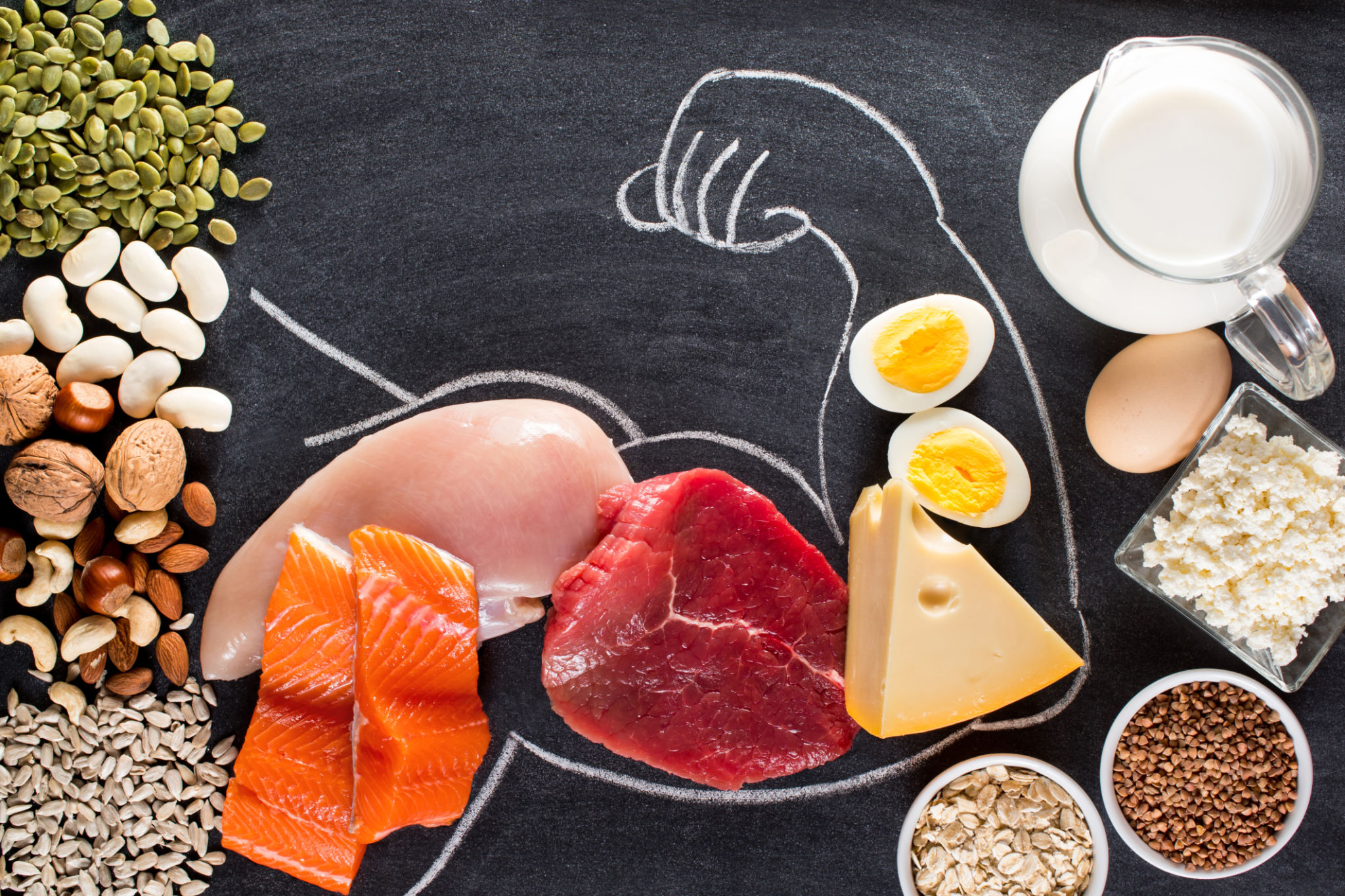Nutrition Advice for Young Athletes in Texas: Key Tips for Peak Performance
Understanding the Nutritional Needs of Young Athletes
Young athletes in Texas have unique nutritional requirements that differ from their non-athletic peers. The combination of growing bodies and rigorous physical activities demands a well-balanced diet that supports both growth and performance. A focus on the right nutrients can help enhance endurance, strength, and overall athletic ability.
Key components of a young athlete's diet include carbohydrates, proteins, fats, vitamins, and minerals. Each plays a crucial role in maintaining energy levels, repairing muscles, and supporting overall health. Understanding these nutritional needs is the first step toward achieving peak performance.

The Importance of Carbohydrates
Carbohydrates are the primary source of energy for athletes. They fuel workouts and help maintain endurance during competitions. For young athletes, it's important to incorporate complex carbohydrates like whole grains, fruits, and vegetables into their daily diet. These provide sustained energy and prevent mid-game fatigue.
Adequate carbohydrate intake before and after training sessions can significantly impact performance and recovery. Encourage young athletes to consume carbohydrate-rich snacks or meals around their training schedules for optimal energy levels.
Protein: Building Blocks for Strong Muscles
Protein is essential for muscle repair and growth. Young athletes require more protein than their inactive counterparts to support muscle development and recovery post-exercise. Incorporate lean meats, poultry, fish, eggs, legumes, and dairy products into their meals to meet these needs.

For vegetarian or vegan athletes, plant-based proteins like tofu, lentils, and chickpeas are excellent alternatives. Ensure they consume a variety of protein sources to obtain all essential amino acids necessary for muscle health.
Fats: Essential for Energy and Health
While often misunderstood, fats are a vital component of a young athlete’s diet. They provide a concentrated source of energy and are crucial for hormone production and nutrient absorption. Encourage the intake of healthy fats found in nuts, seeds, avocados, and olive oil.
It's important to differentiate between healthy fats and unhealthy ones. Limit the consumption of trans fats and saturated fats found in processed foods as they can negatively impact health and performance.

Hydration: The Key to Optimal Performance
Staying hydrated is critical for young athletes, especially in the hot Texas climate. Dehydration can lead to decreased performance, fatigue, and even serious health risks. Encourage regular water intake throughout the day and during activities.
For prolonged activities or during intense heat, sports drinks can be beneficial as they replenish electrolytes lost through sweat. However, be mindful of their sugar content and opt for options with balanced electrolytes.
Meal Planning and Timing
Effective meal planning is crucial for young athletes to ensure they receive adequate nutrients at the right times. Encourage eating balanced meals that include a mix of carbohydrates, proteins, and fats. Timing is also important; consuming meals 3-4 hours before exercise helps fuel the body without causing discomfort.
- Pre-Workout: Focus on carbs with moderate protein and low fat.
- Post-Workout: Emphasize protein for muscle recovery and some carbs to replenish glycogen stores.
Supplements: Proceed with Caution
While supplements can seem like a quick fix for nutritional gaps, they should be approached with caution. Most young athletes can meet their nutritional needs through a well-balanced diet without the need for additional supplements.
If considering supplements, it’s essential to consult with a healthcare professional to ensure safety and necessity. Remember that whole foods are always the preferred source of nutrients for young athletes.